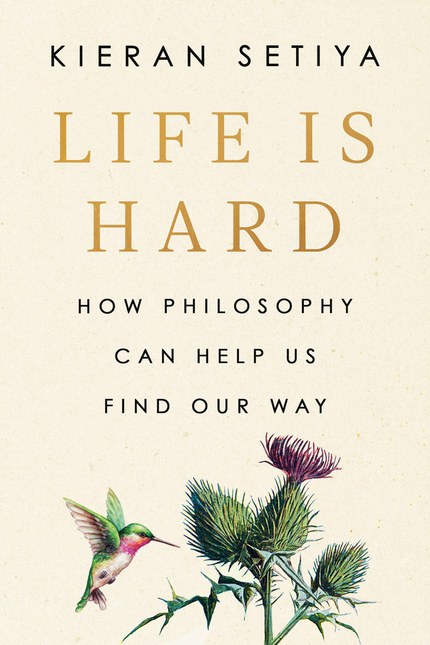Life Examined shares the best reads of 2022. From books about joy, heartbreak, and the superpowers of animals – this list has something for everyone.
Delve deeper into life, philosophy, and what makes us human by joining the Life Examined discussion group on Facebook.
1.
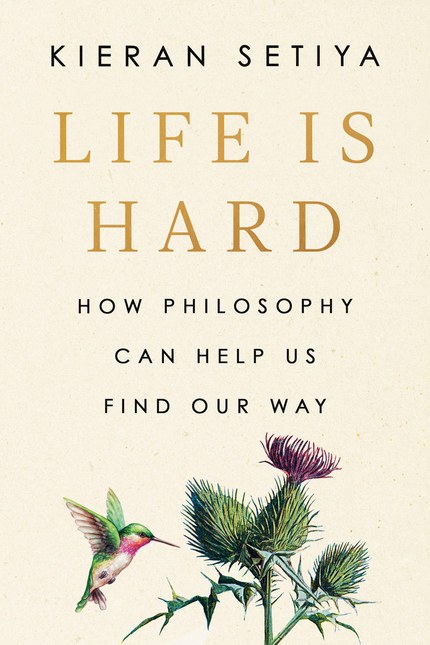
Photo courtesy of Penguin Random House.
In his latest book Life Is Hard: How Philosophy Can Help Us Find Our Way author and professor of philosophy at MIT Kieran Setiya explores these questions. Drawing on the ancient wisdom of Plato, Aristotle, and Thomas Aquinas, Setiya offers a thoughtful approach to dealing with hardship and pain.
“Talking to a friend who is describing something difficult in their life,” Setiya says, “and immediately trying to give them advice, or prove to them that it was all going to be fine and realizing that these were forms of denial, a kind of refusal to acknowledge what they were actually going through. And that just acknowledging that things are difficult, is absolutely essential.”
2.
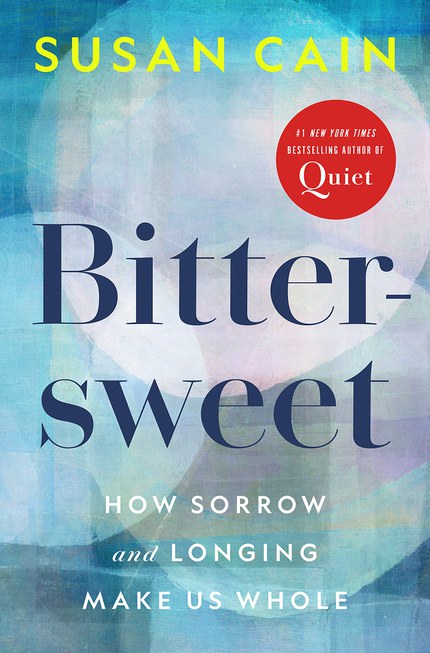
Photo courtesy of Penguin Random House.
In her new book “Bittersweet: How Sorrow and Longing Make Us Whole,” writer and lecturer Susan Cain explores the nature of sadness — how we’re evolutionarily attuned to cope with life’s ups and downs and how, historically, an embrace of those emotions have been viewed as a path to creativity and joy.
Cain explains that physiologically, our nervous systems have evolved to give us the ability to feel sadness and compassion and that they’re “evolutionarily an ancient part of us … encoded into us physically.” It is, quite literally, what makes us human.
3.
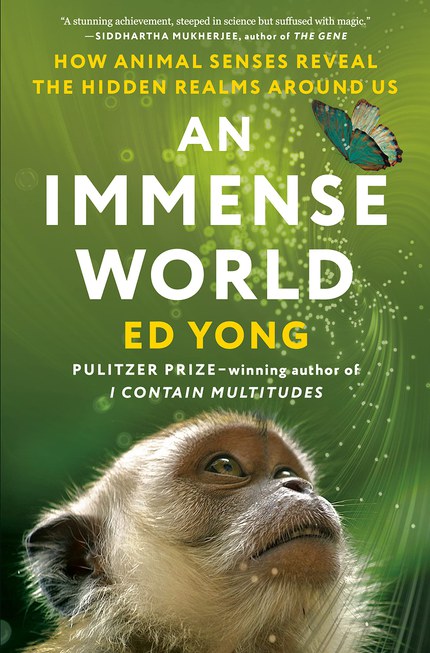
Photo courtesy of Penguin Random House.
In his latest book, “An Immense World: How Animal Senses Reveal the Hidden Realms Around Us,” Pulitzer Prize-winning science writer Ed Yong celebrates some of the amazing super powers of animals and introduces us to a world seen — in some cases, literally — through their eyes.
“Each creature has its own sensory bubble, its own Umwelt, its own ways in which its world is expanded and broadened,” Yong says. “But also ways in which that world is limited.”
4.
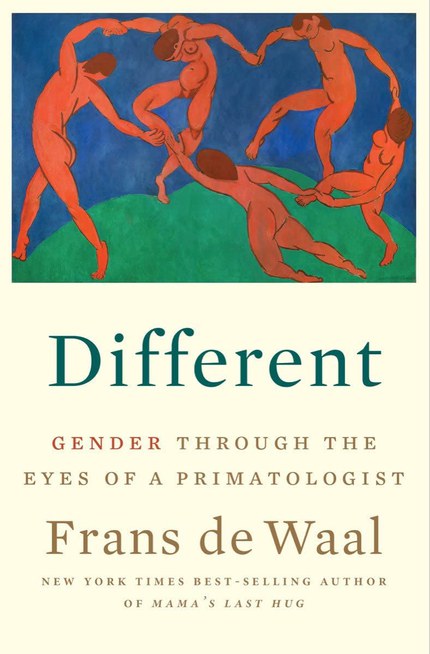
Photo courtesy of W. W. Norton & Company.
Pronouns, language, hairstyles, social roles, and expectations surrounding gender identity have historically defined who we are. But is gender a solely human construct?
Frans de Waal, primatologist and author of the 2005 bestseller “Our Inner Ape: A Leading Primatologist Explains Why We Are Who We Are,” has spent decades studying animal behavior, particularly in our closest evolutionary cousins, bonobos and chimpanzees, who may hold the key to understanding our own behavior, identity, and biological differences.
“Gender diversity is not something that we sort of invented or that is superficial,” de Waal says. “I think it’s inherently present in other primates.”
5.
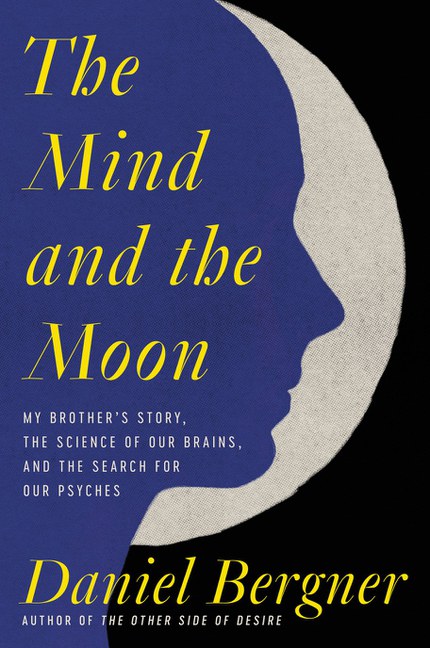
Photo courtesy of HarperCollins.
New York Times contributing writer Daniel Bergner, author of the new book “The Mind and the Moon: My Brother’s Story, the Science of Our Brains, and the Search for Our Psyches,” introduces us to this world through his own family’s struggles following his brother’s diagnosis with bipolar disorder.
“His story propels the book forward,” Bergner explains. “When we were in our early twenties, he was put on a locked psychiatric ward [and] diagnosed as severely bipolar. … Our terrified parents were told that he might well take his own life if he didn’t adhere to his psychiatric medications.”
6.
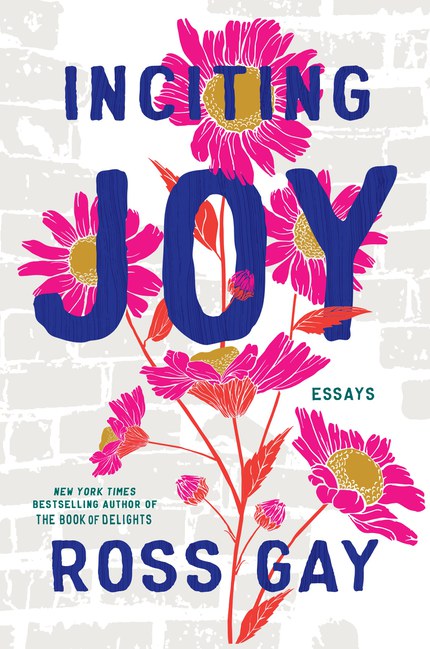
Photo courtesy of Algonquin Books.
In his latest collection of essays and poems, “Inciting Joy,” author Ross Gay ponders the kinds of experiences that have touched his life and brought him joy. Jonathan Bastian talks with Gay about his insights on joy and why joy became the topic for inquiry in his latest collection of essays and poems. From pickup basketball games and skateboarding to fighting injustice and caring for his dying father, Gay ponders the sources of joy in his life and explains the many ways in which joy and sorrow are are deeply intertwined.
“My hunch is that joy emerges from our common sorrow, which does not necessarily mean we have the same sorrows, but that we in common sorrow might draw us together,” Gay writes in his book’s introduction. “It might depolarize us and de-atomize us enough that we can consider what in common we love. And though attending to what we hate in common is too often all the rage and it happens also to be very big business, noticing what we love in common and studying that, might help us survive. It’s why I think of joy, which gets us to love as a practice of survival.”
7.
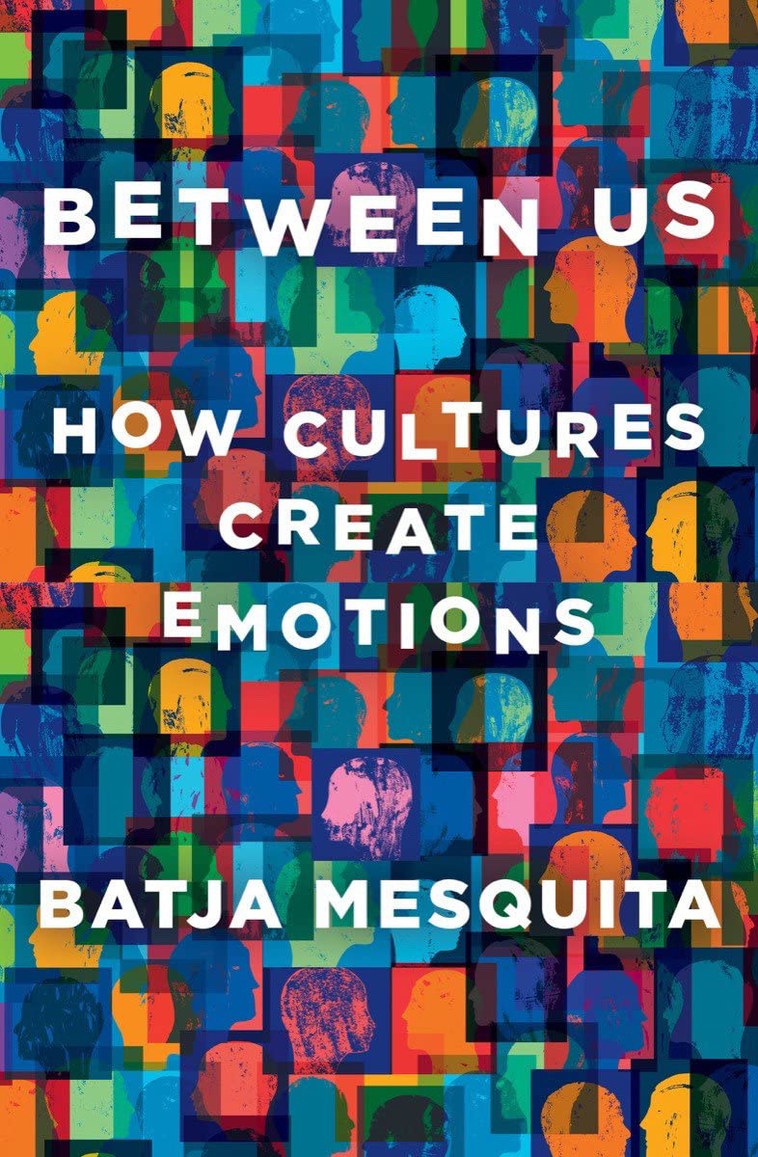
Photo courtesy of W. W. Norton & Company.
In her latest book “Between Us: How Culture Creates Emotions,” Gomes de Mesquita analyzes academic studies and stories from around the world to show that how we experience emotions depends on our own experiences, as well as what is valued in our culture or how we relate to other people.
For example, Gomes de Mesquita explains that in Taiwan, mothers constantly draw the attention of their children to shameful events or what the child did wrong.
“From an American’s perspective, that may sound cruel, but it actually isn’t,” she explains. “What these mothers try to do is to teach their kids what is the right way of being a person — a person who knows their place, who doesn’t embarrass their parents, who will behave according to their modest role in the hierarchy.”
Jonathan Bastian talks with Gomes de Mesquita about her book and how her own upbringing influenced her research.
8.
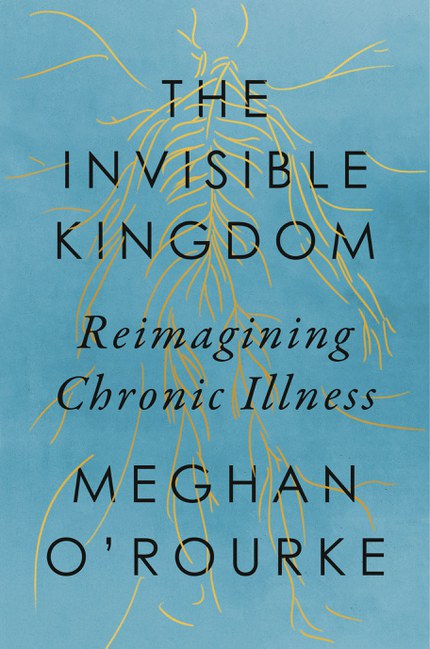
Photo courtesy of Riverhead Books.
When standard medical tests show normal results, those who suffer from exhaustion, body aches, and lack of concentration are often dismissed and told their symptoms are the side effects of modern living — that we should de-stress and allow our bodies to recalibrate. But chronic “mystery” diseases are more complicated, and not knowing the cause only adds to the frustration and stress.
Poet and author Meghan O’Rourke went on a quest for answers. After living for years with an invisible illness, she chronicles her decade-long search for a diagnosis in her book “The Invisible Kingdom: Reimagining Chronic Illness.”
9.
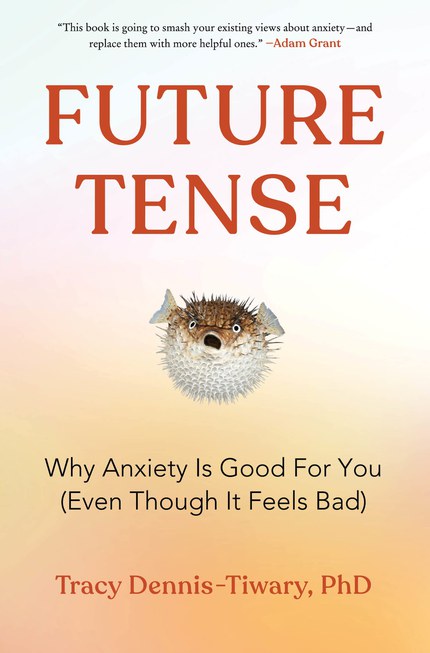
Photo courtesy of Harper Wave.
In her latest book, “Future Tense; Why Anxiety Is Good for You (Even Though It Feels Bad),” Tracy Dennis-Tiwary, professor of psychology and neuroscience and director of the Emotion Regulation Lab at Hunter College, unpacks the evolutionary origins of anxiety, the right way to live with it, and why avoidance isn’t the solution.
Dennis-Tiwary says that “the problem with an anxiety disorder is not that you have too much anxiety, it’s that the way that we are coping with anxiety, which tends to involve avoidance and suppression, is getting in the way of us being able to live our lives.”
10.
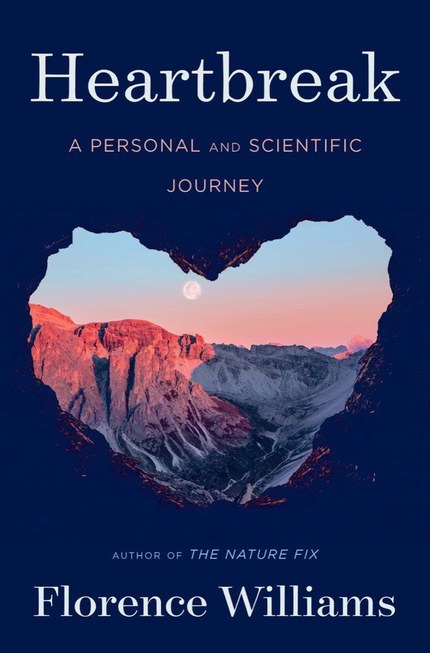
Photo courtesy of W. W. Norton & Company.
What makes our bodies react so intensely to breakups and lost love, how do we heal, and how long should this take?
Jonathan Bastian speaks to Florence Williams, science writer and author of “Heartbreak: A Personal and Scientific Journey,” who provides her personal perspective on heartbreak after her 25-year marriage ended in divorce. The unexpected toll of the experience and her inability to move on spurred her to delve further into what is known and not known about falling out of love.

